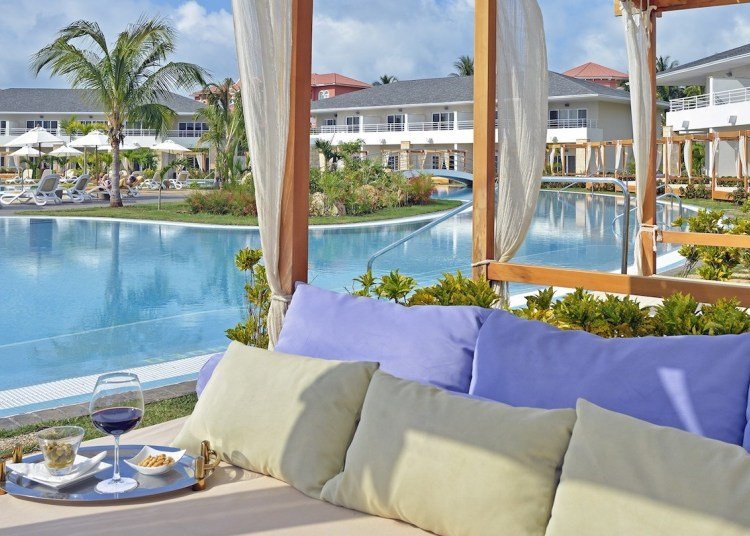The Court of First Instance number 24 of Palma de Mallorca shelved a lawsuit against the Spanish Meliá chain for the exploitation of two hotels in Cuba for not having jurisdiction and because Spain does not have international jurisdiction for its courts to resolve lawsuits on properties located outside its territory.
The Palma court judge decided on the closing presented by Meliá Hotels International and accordingly declared the lack of jurisdiction and international jurisdiction of the Spanish courts to hear the lawsuit against the hotel group for the exploitation of some plots of land in Cuba, which were nationalized by the Cuban government after the triumph of the 1959 revolution.
In a decision, the judge decrees the dismissal of the proceedings and orders the plaintiff to pay the costs, as reported this Tuesday by the Higher Court of Justice of the Balearic Islands in a statement. The resolution is not firm and it is possible to appeal before Palma’s Supreme Court.
Archivada la demanda contra @MeliaHotelsInt por la explotación de unos terrenos en Cuba. La jueza alega falta de jurisdicción y de competencia internacional https://t.co/i23d0Xrqck #noticias #tribunales
— mallorcadiario.com (@mallorcadiario) September 3, 2019
The order indicates that, after the revolution, its leader, Fidel Castro, “decided to nationalize all the assets and companies of individuals or legal entities of Cuban nationality, according to Cuban law through the approval of Law 890, published on October 15, 1960.” These lands are currently owned by a Cuban state company, Gaviota S.A.
The judge points out that the lawsuit―under the U.S. Helms-Burton Act―was directed against a company domiciled in Mallorca, which has obtained an authorization for the exploitation of said land, but “it turns out that the main basis of the claims of the plaintiff is not the specific legal businesses that Meliá and Gaviota have been able to agree on or their commercial relations.”
According to the resolution, “the true basis of the claim that has given rise to this lawsuit is the declaration of illegality of the property title that Cuba holds on the grounds of Playa Esmeralda, where Meliá operates two hotels, and the responsibility in which the defendant could have incurred to profit from these lands despite knowing how they became the property of the Cuban state.”
Meliá dice que respetará Derecho Internacional en controversia sobre Ley Helms-Burton
In short, according to the judge, the plaintiff’s claims are based on the legal assessment of acts performed by a subject protected by jurisdictional immunity, Cuba, within the framework of its sovereignty.
According to the judge, in application of article 21 of the Organic Law of the Judiciary (LOPJ), “the Spanish civil courts do not have jurisdiction to hear the claim that has given rise to this lawsuit” and since it is a property owned by a State “it also has jurisdictional immunity.”
In addition, in accordance with its law and the International Treaties which it is a party to, “Spain does not have international jurisdiction for its courts to resolve lawsuits where actions are taken on real estate located outside its national territory.”
The lawsuit was filed by the heirs of Rafael Lucas Sánchez Hill, who owned the Santa Lucía sugar estate, nationalized by the Cuban revolutionary government in the province of Holguín, where the Paradisus Río de Oro and Sol Río de Luna y Mares hotels are located, which the state company Gaviota owns and Meliá Hotels International manages.
Since 2004, the Sánchez Hills have been claiming compensation from the Spanish hotel company for the use of a property that they believe was illegally taken from them.
EFE / OnCuba











Little Marco Rubio won’t be happy about this.
He probably already urinated on himself.
Sánchez Hills could start compensating for the exploitation of his slaved workers and in turn justify what makes them think that he ever rightfully “owned” the ground.